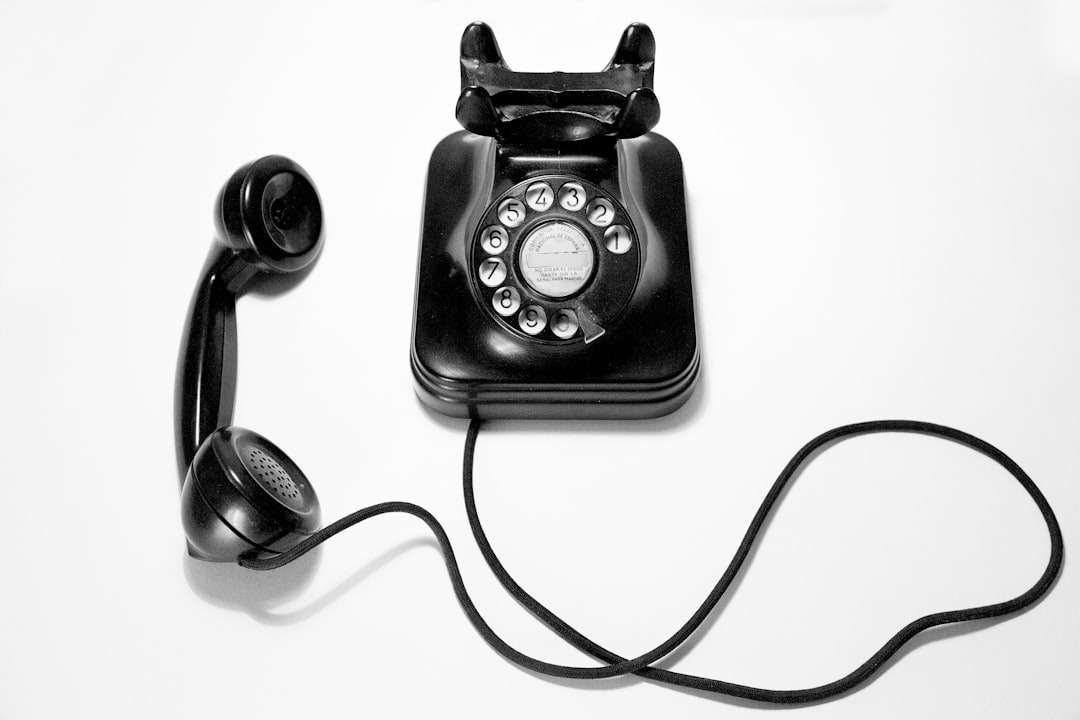In Connecticut, the Telecommunications Consumer Protection Act (TCPA) safeguards residents from unsolicited autodialed calls. This article explores the intricate regulations surrounding autodialers and how CT’s laws protect consumers. We’ll delve into when automated calling is permissible and guide you through enforcing your rights if you face unwanted calls. If you’re seeking recourse as a TCPA lawyer Connecticut, this resource offers insights from top CT TCPA attorneys at reputable law firms specializing in TCPA law Connecticut.
- Understanding TCPA Regulations in Connecticut
- When is Autodialing Permissible?
- Enforcing Your Rights: Taking Action Against Unwanted Calls
Understanding TCPA Regulations in Connecticut
In Connecticut, the Telephone Consumer Protection Act (TCPA) regulations are strictly enforced to protect residents from unwanted autodialed calls and texts. As a state law, the TCPA prohibits automated or prerecorded telephone messages unless the caller has obtained prior express written consent from the recipient. This means that businesses and organizations must secure explicit permission before using autodialers to contact Connecticut consumers.
A TCPA lawyer or attorney in Connecticut can guide individuals and companies on navigating these regulations. If you’re facing unwanted calls, a TCPA law firm specializing in this area can help determine if your rights have been violated and take appropriate legal action. The laws are designed to ensure consumer privacy and peace of mind, preventing nuisance calls and protecting personal information from unauthorized access.
When is Autodialing Permissible?
In Connecticut, autodialing is regulated by the Telephone Consumer Protection Act (TCPA), which sets strict guidelines on when automated dialing systems can be used. Generally, autodialers are permitted for marketing purposes only if certain conditions are met. A TCPA lawyer or attorney in Connecticut can help ensure compliance with these rules.
Businesses must obtain prior express consent from recipients before using an autodialer to make sales or marketing calls. This means that customers must explicitly give permission for their phone numbers to be dialed automatically. Automated dialing for non-marketing purposes, such as notifications or alerts, is typically prohibited without explicit consent. TCPA law firms in Connecticut assist individuals and businesses in navigating these regulations to avoid potential legal repercussions.
Enforcing Your Rights: Taking Action Against Unwanted Calls
In Connecticut, the Telephone Consumer Protection Act (TCPA) grants consumers significant rights to control unwanted telephone solicitations and automated calls. If you’ve been receiving autodialed or prerecorded calls without your express permission, you have options. The first step is to document each incident, including the caller’s number and a log of the calls’ frequency and content. This evidence can be crucial if you decide to take legal action.
Consulting with a TCPA lawyer Connecticut can provide you with invaluable guidance on how to enforce your rights. An experienced TCPA attorney Connecticut or law firm specialized in this area will help you understand the applicable laws and determine the best course of action, whether it involves sending cease-and-desist letters, filing a complaint with relevant authorities, or pursuing legal recourse through litigation. Don’t let unwanted calls infringe upon your privacy; take charge and protect your rights with the assistance of TCPA lawyers Connecticut.






